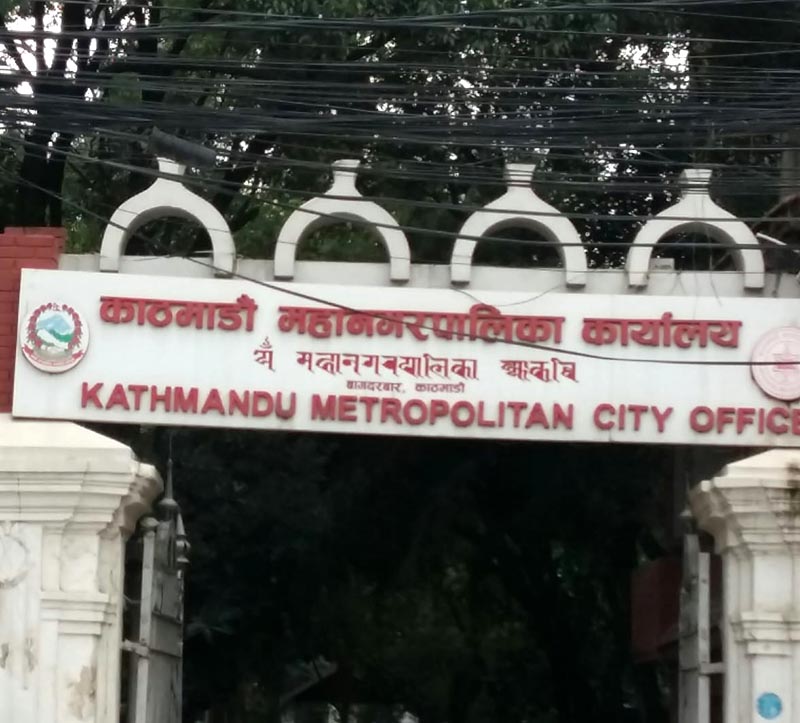KMC to make capital beggar-free zone
Kathmandu, December 29
Kathmandu Metropolitan City, in coordination with Nepal Police, Manav Sewa Ashram and other stakeholders, has launched a week-long awareness campaign to inform the persons who are being forced to make a living by begging about its plan to declare the city a ‘beggar-free zone’.
The metropolis said it had launched the campaign targeting the persons living on temple and shrine premises. Hari Bahadur Kunwar, in-charge of the Department of Urban Good Governance at KMC said it also aimed at sorting out the needy and helpless persons, orphans and street children from those who were coerced into begging on the streets by their family members.
During the campaign, a visually-impaired man camping outside Bhadrakali temple for begging told the KMC officials that he owed Rs 600,000 to a person, and questioned them if they would pay off the loan. “I can’t survive and feed my family without begging. I am collecting money from pedestrians and devotees to clear the loan,” he said.
A study conducted by the Ministry of Women, Children and Senior Citizen has revealed that a majority of people begged on the premises of temples in and outside the Kathmandu valley due to poverty. “Though poverty has forced many people to resort to begging to feed themselves and their dependants, many of them are living with family. They camp outside the temples from dawn to dusk and join their family in the evening,” study report read.
In some cases, physical disabilities, senility and poor health conditions have also forced deprived and destitute persons to beg outside temples. The study revealed that a person earned Rs 150 to Rs 500 daily from begging.
The study also showed that most of them refused the government’s offer for rehabilitation.
“Begging is not their choice, but compulsion and poverty pushed them into begging,” it stated.
The beggars slept in rest houses built on temple premises, tents, streets and rented rooms, according to the report.






